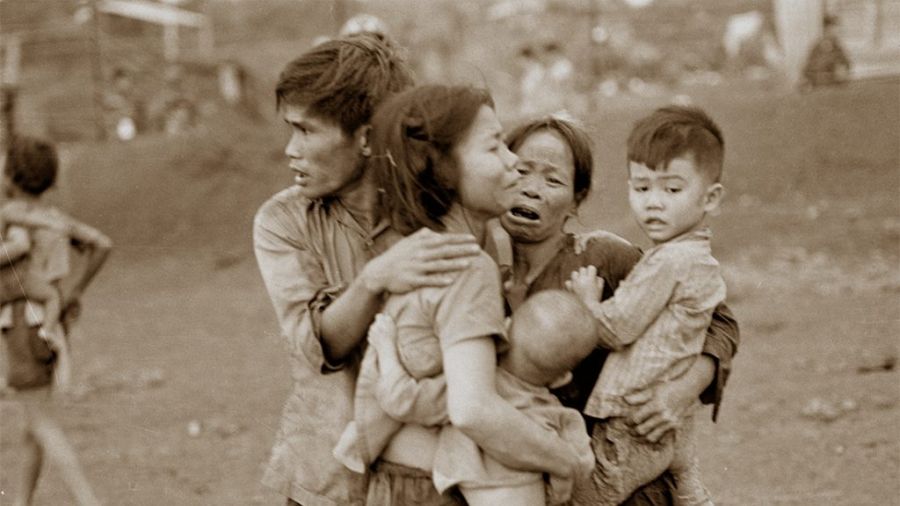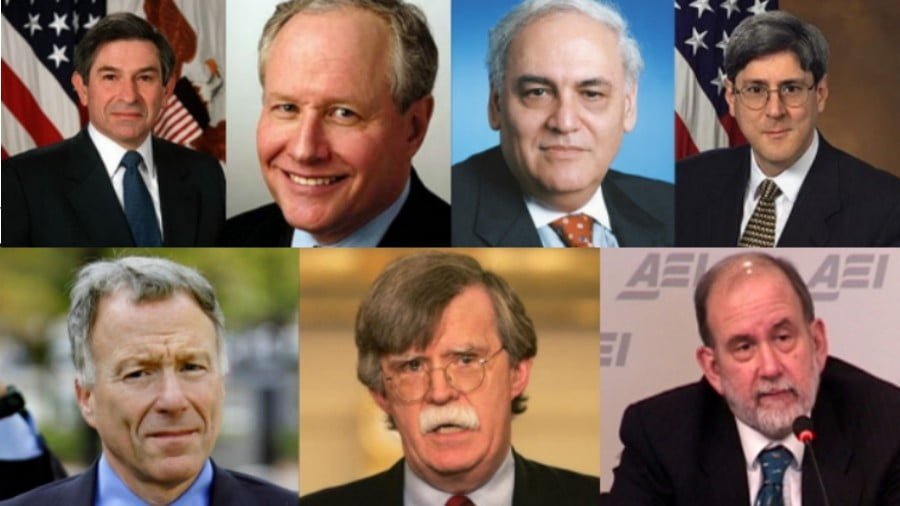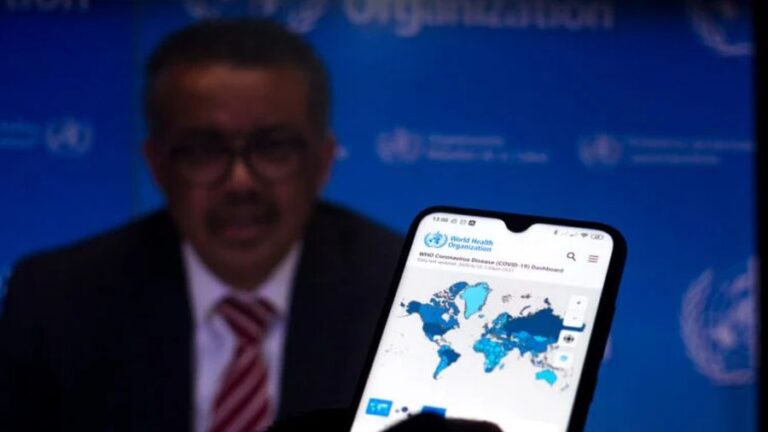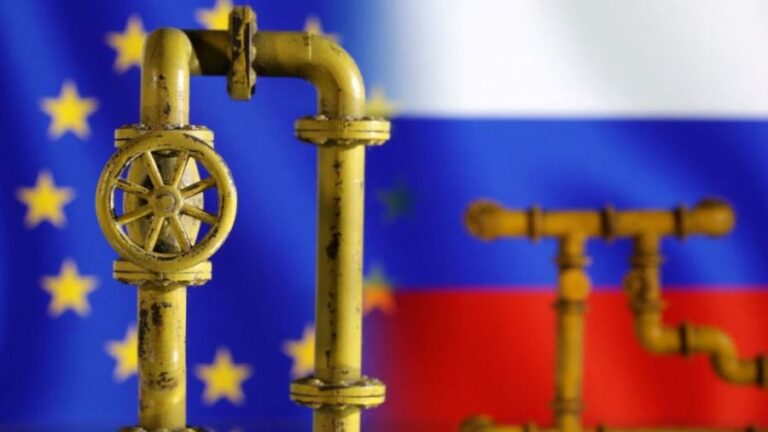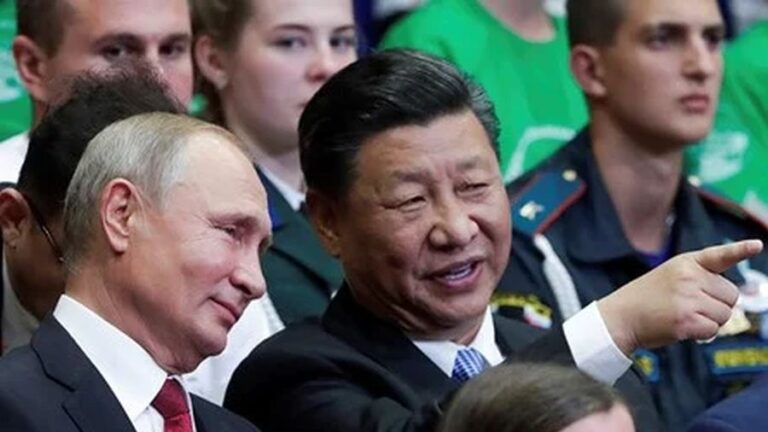Victims of US Military Action Meet in Hanoi to Discuss the Disposal of Hazardous Chemicals
On July 5, the ASEAN Working Group on Chemicals and Waste held a meeting in Hanoi, the capital of the Socialist Republic of Vietnam. In addition to the ASEAN member states, other countries in the Asia-Pacific region also participated in the meeting. The agenda included the issue of the proper treatment and disposal of hazardous chemicals and their by-products in compliance with the provisions of the Basel and Rotterdam Conventions, which have been ratified by more than 180 countries.
The 60 delegates from ASEAN countries agreed to strengthen cooperation on preventing illegal cross-border movements of chemicals, and to make efforts to ensure a rapid response to incidents involving toxic substances.
In addition, Le Ngoc Tuan, Director of the Department of International Cooperation of Vietnam’s Ministry of Natural Resources and Environment expressed concern that most ASEAN members, and Vietnam in particular, were forced to export hazardous chemicals as they lacked the resources and technology to safely process and dispose of special waste.
Just why Southeast Asian countries have a particular problem with toxic substances needs little explanation: during its wars in Indochina in the second half of the twentieth century, the United States used many such substances, including the infamous tactical herbicides Agent Orange and Agent White, along with other equally toxic chemicals with similarly “colorful” names, and Vietnam, Laos, Cambodia and other countries will have to struggle with the resulting contamination for many years to come.
Also, at the invitation of ASEAN, a delegation from Japan’s Ministry of the Environment attended a meeting of the Working Group. Significantly, Japan has also suffered from US “testing” of new weapons, in its case the atom bombs dropped in 1945. “Japan is ready to support Vietnam in the area of technology transfer, and we want to help you with the processing of hazardous waste,” said the head of the Japanese delegation.
The meeting of the ASEAN Working Group, plus guest participants, ended on a positive note, demonstrating that through the combined efforts of all countries in the entire region it is possible to achieve success in the disposal of hazardous chemicals and toxic substances.
It was noteworthy, however, that at no time during the event was there any mention of the absent “hero of the occasion”, whose actions led to the creation of no-go areas and homes for invalids who were born -and continue to be born – after the war. This raises the obvious question of why only victims of US military action were invited to the meeting?
As ASEAN works to develop its economic ties with Western countries, there is an evident need for its members to cooperate on preventing the dispersal of nuclear and chemical waste, as this will help protect the future health of these nations. And in doing this, it is also clearly important to respect those past generations who resisted the enslavement of their countries by imperialist and colonial powers.

